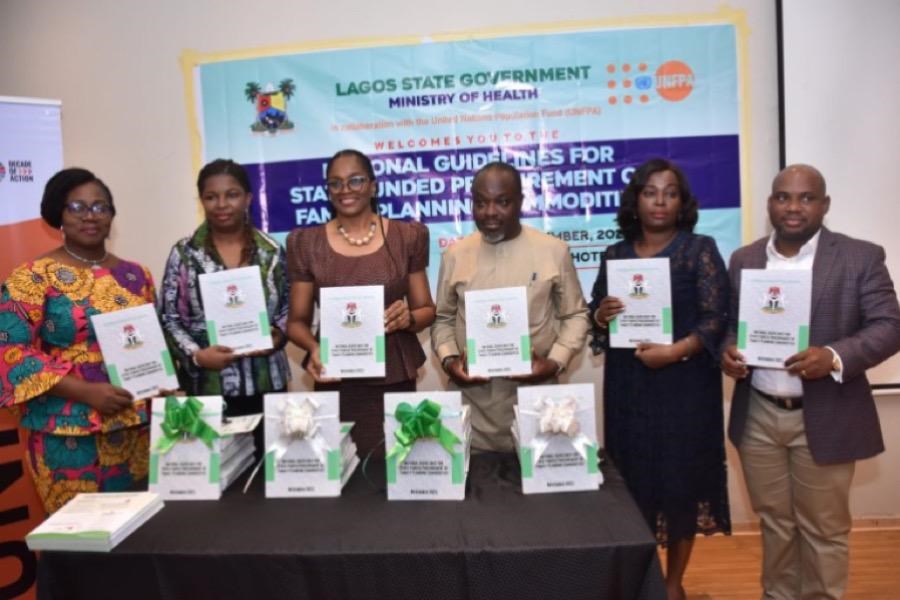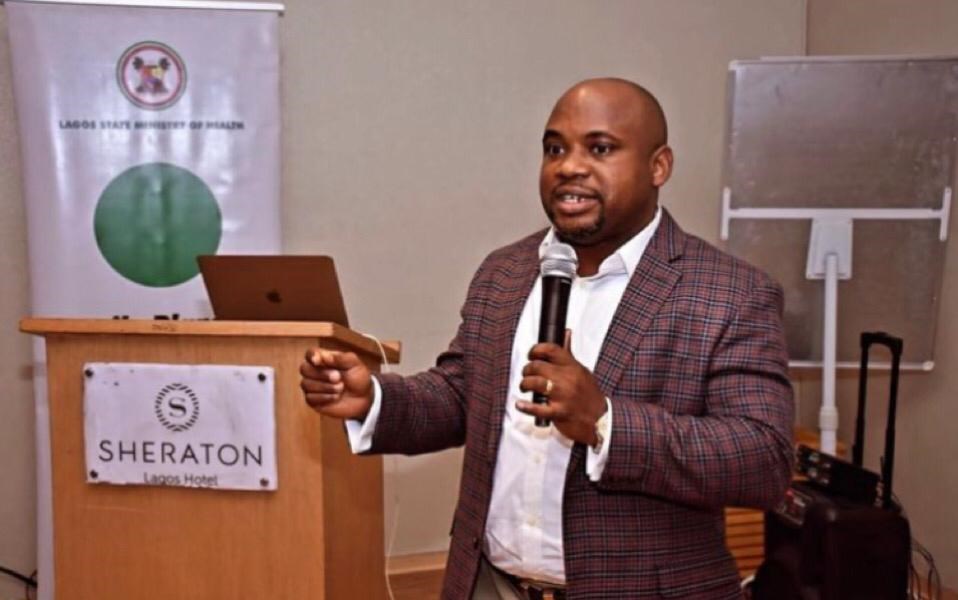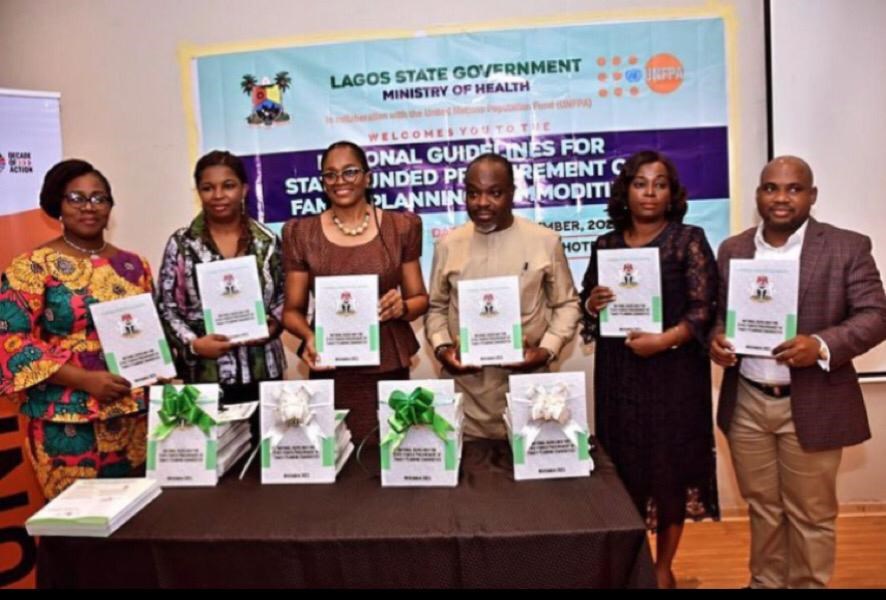THE Lagos State Government, under the leadership of Governor Babajide Olusola Sanwo-Olu, has officially launched and disseminated guidelines concerning State-funded procurement of family planning commodities.
This document highlights the roles of stakeholders involved in the acquisition process of these vital resources.
Developed in alignment with the National Guidelines for State-funded procurement of family planning commodities, the document highlights stakeholder responsibilities throughout the procurement journey. 
The launch, in collaboration with the United Nations Population Fund (UNFPA), occurred during a dedicated workshop for stakeholders at Sheraton Hotel, Ikeja, recently.
During the document’s launch, Special Adviser to the State Governor on Health, Dr (Mrs) Kemi Ogunyemi emphasised the importance of this initiative, pointing out that the document aims to ensure sustainability amid reduced funding.
Ogunyemi reiterated that family planning remains a crucial strategy for achieving a nation’s health and development goals, aligning with the Sustainable Development Goals by 2030, noting that universal access to family planning holds one of the highest cost-benefit ratios among various policy options for development.
Furthermore, she highlighted Lagos State’s concerted efforts in achieving a target contraceptive prevalence of 34%, attributing success to collaborative strategies developed with stakeholders for effective family planning service implementation.
In her words: “Achieving universal access to family planning has one of the highest cost-benefit ratios among a wide choice of policy options for development.
“The social and economic benefits for women, their families, and their societies at large results in an improvement in women’s and children’s education, an increase in women’s earnings and further reductions in poverty.”
Additionally, she noted the inclusion of comprehensive family planning services, except permanent methods, in the Lagos State health scheme in partnership with the Lagos State Health Management Agency.
“We recognise the large private sector that exists and accounts for over 60% of service delivery, so we must be intentional about how we can work with them to ensure continued access in that space. We have also worked with the Lagos State Health Management Agency (LASHMA) to include a full complement of family planning services excluding the permanent methods in the Lagos State Health Scheme,” she said.
On his part, the Permanent Secretary of the Ministry of Health, Dr Olusegun Ogboye, echoed the guideline’s goal to standardise, document, and institutionalise the procurement process.
He noted that this approach aims to reduce maternal mortality stemming from unwanted pregnancies, and aligns with the administration’s focus on the Health and Environment mandate of the THEMES Plus agenda.



